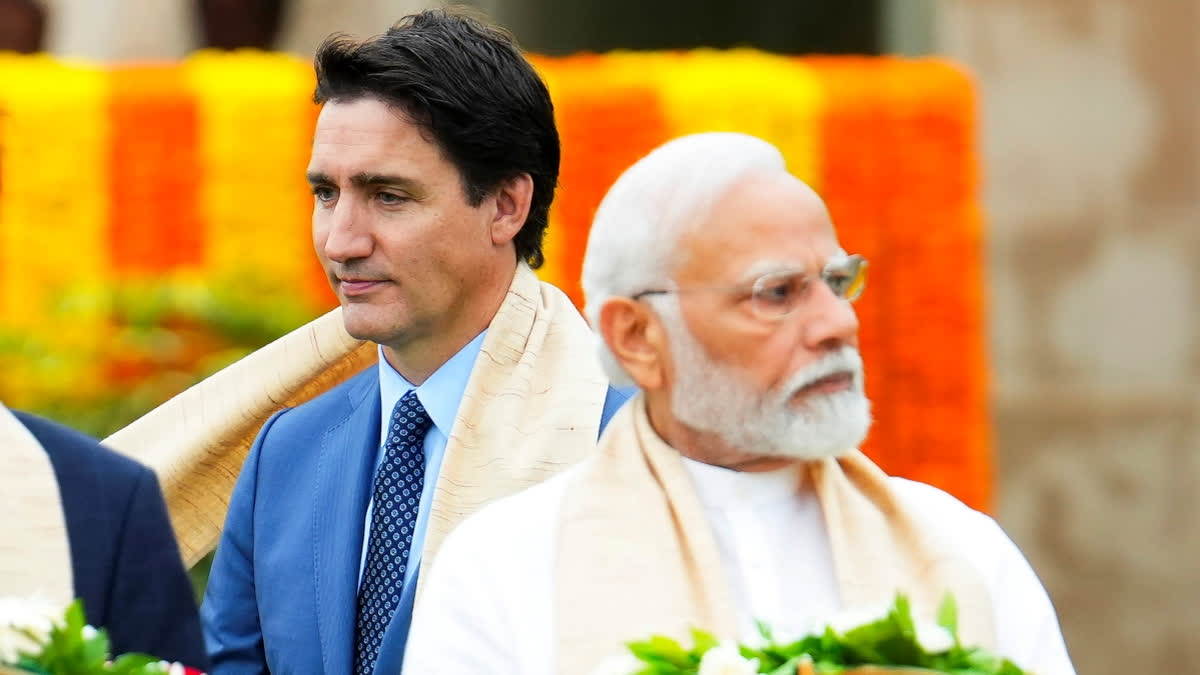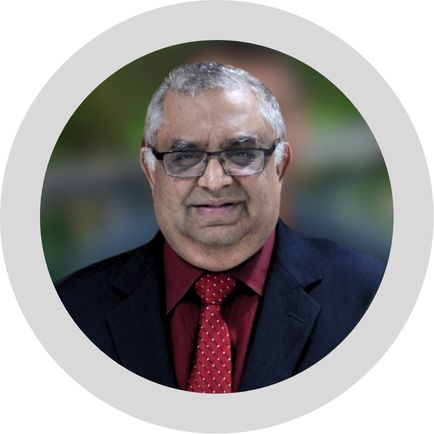For decades, India and Canada have had a deep bond, one of the healthiest relationships between any two democracies.
Both share a legacy of being senior members of the 56-nation Commonwealth group of nations, which dates back to the once-sprawling British Empire. Commonwealth countries cooperate on various issues, such as democracy, human rights, and economic development, while maintaining their sovereignty and governments.
On October 14, the cooperation between Canada and India tanked to new lows when Canada charged that India had been using a network of spies to threaten Sikhs living in Canada and forcing them into silence. It was an extraordinary accusation, following which Canada announced that it was expelling six Indian diplomats, including India's ambassador to Canada, High Commissioner Sanjay Kumar Verma.
As is often the case in these diplomatic spats, India immediately responded by expelling six senior Canadian diplomatic officials from the Canadian Embassy in New Delhi.
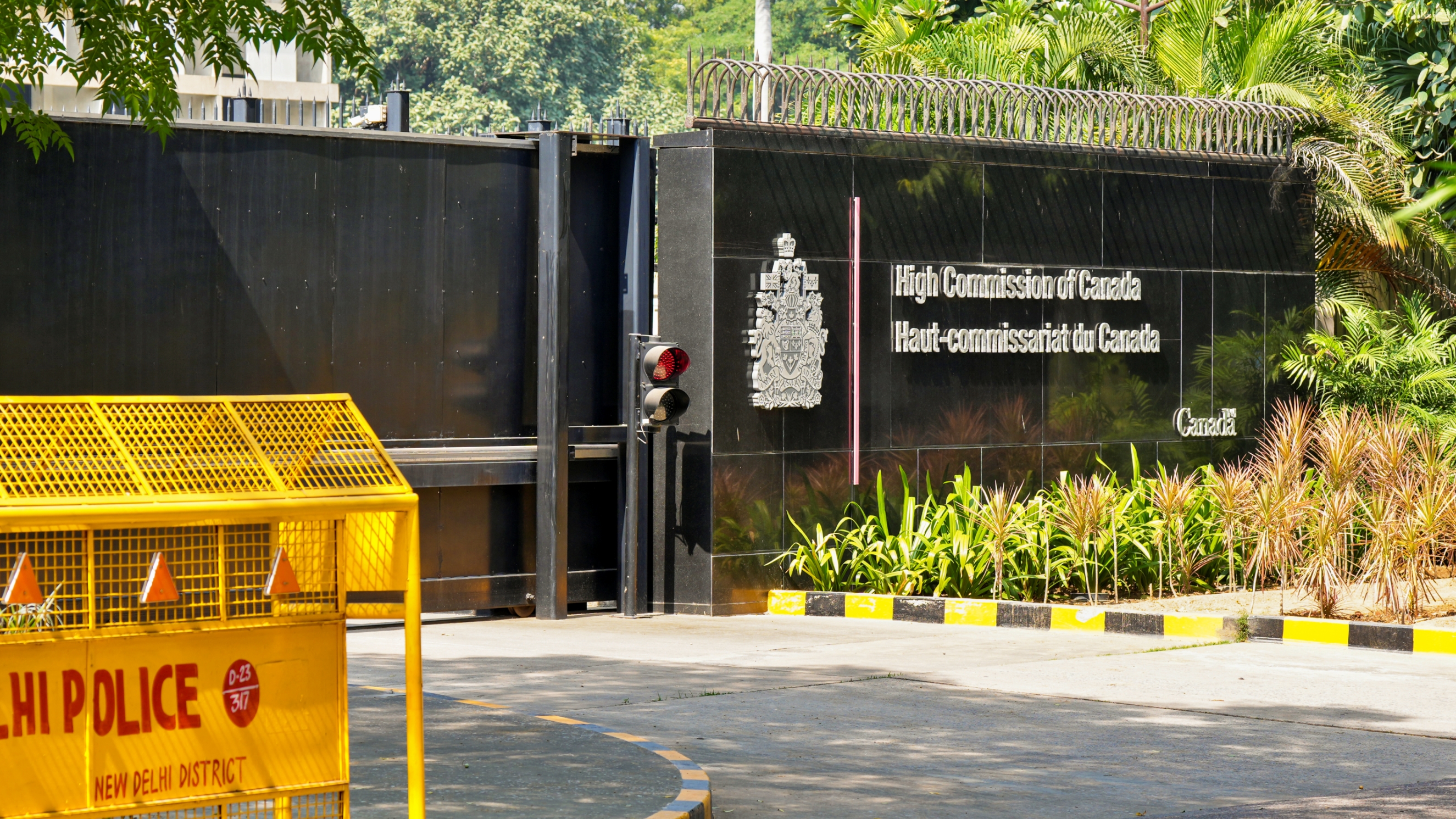
So, what happened?
The long saga started in June 2023, when Hardeep Singh Nijjar, 45, a naturalized Canadian citizen and leader of a pro-Khalistan group that advocates for creating an independent homeland for Sikhs, was shot dead in Vancouver, in Western Canada.
Three months later, on September 18, Canadian Prime Minister Justin Trudeau did something unimaginable and wholly undiplomatic. He addressed the Canadian Parliament in Ottawa, in public, that his government was "actively pursuing credible allegations" that Indian government agents had plotted to kill Nijjar. The Modi government vehemently denied the charge.
What happened this week was a continuation of the diplomatic differences between India and Canada. Trudeau insisted that India has continued to interfere in Canadian internal affairs: "We will never tolerate the involvement of a foreign government threatening and killing Canadian citizens on Canadian soil." He said that his government had collected evidence supported by the U.S. FBI that Indian diplomats were operating an organized crime ring to threaten, harass, and attack Sikhs from expressing themselves about Khalistan. "India has made a monumental mistake."
There is much to unpack in Trudeau's accusations, which border on the naive.
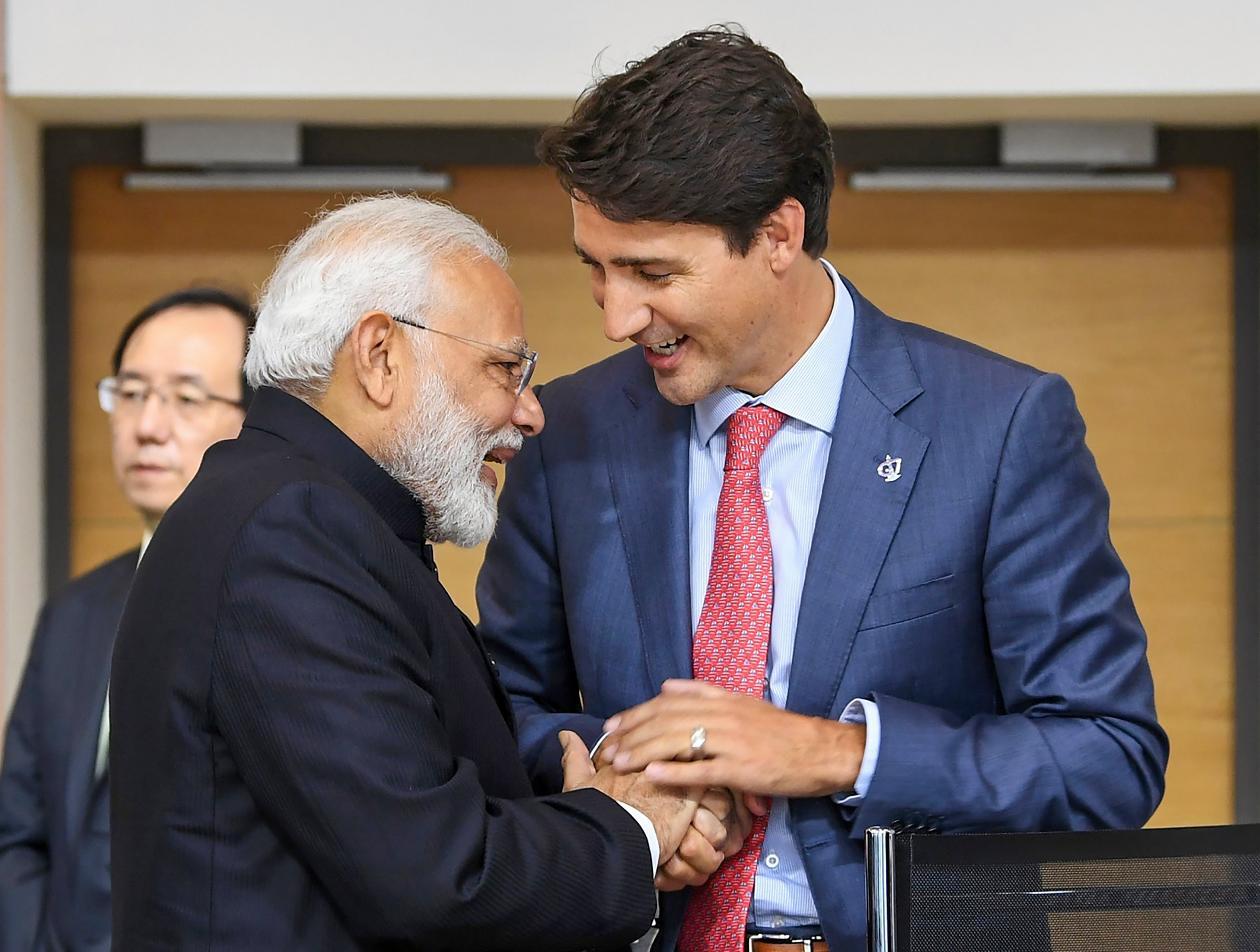
‘Trudeau doesn't appreciate India's history’
The Sikh people have been a respected and crucial segment of India's population since the Sikh religion was founded in the 15th century by Guru Nanak Dev in Punjab.
Sikhs continue to contribute significantly to India's development across various fields, including military service, politics, agriculture, industry, arts, and sports. For the overwhelming majority of Sikhs and the country at large, there is no distinction between the Sikh people and India.
About 80 years ago, some disgruntled Sikhs, seeing that India was finally going to earn freedom from British rule and would probably be partitioned along religious lines, started a separatist campaign. The Sikh minority is neither Hindu nor Muslim, so why not have a separate nation named only for the Sikhs and call it Khalistan?
In 1947, anxiety heightened when the British used the infamous Radcliffe Line (named after the British lawyer Cyril Radcliffe) to divide the erstwhile Punjab region into Eastern Punjab, which became part of India, where the majority of the population was Sikh and Hindu, and Western Punjab, which became part of Pakistan, where the majority was Muslim.
The Khalistan movement exploited these divisions and took a militant turn in the 1980s. Jarnail Singh Bhindranwale, a leader of the Sikh militancy, took refuge in the Golden Temple in Amritsar, a sacred religious site for Sikhs. In June 1984, Indian Prime Minister Indira Gandhi ordered Operation Blue Star, a military action to flush out militants from the Golden Temple, which resulted in significant destruction to the temple and many casualties, both militants and civilians. In retaliation, Indira Gandhi's Sikh bodyguards assassinated her on October 31, 1984, an act that led to the anti-Sikh riots in Delhi. These were some of the gravest moments in Indian history.
It took ten years for Indian security forces to take aggressive action against the remaining militants. Remnants of the resistance moved with a small minority of Sikh families that left India to settle down in foreign nations, mainly as economic migrants. Canada is home to the largest Sikh population outside India and Pakistan, boasting 2% of the population (770,00 families).
What Trudeau did was crude and unwise. He fanned the flames of a delicate Indian internal matter by pouring oil on a fire that has been dying since the 1990s. It is Trudeau who is interfering in the affairs of the Indian people, by not suppressing anti-Indian plots and rhetoric in his country, not the other way around.
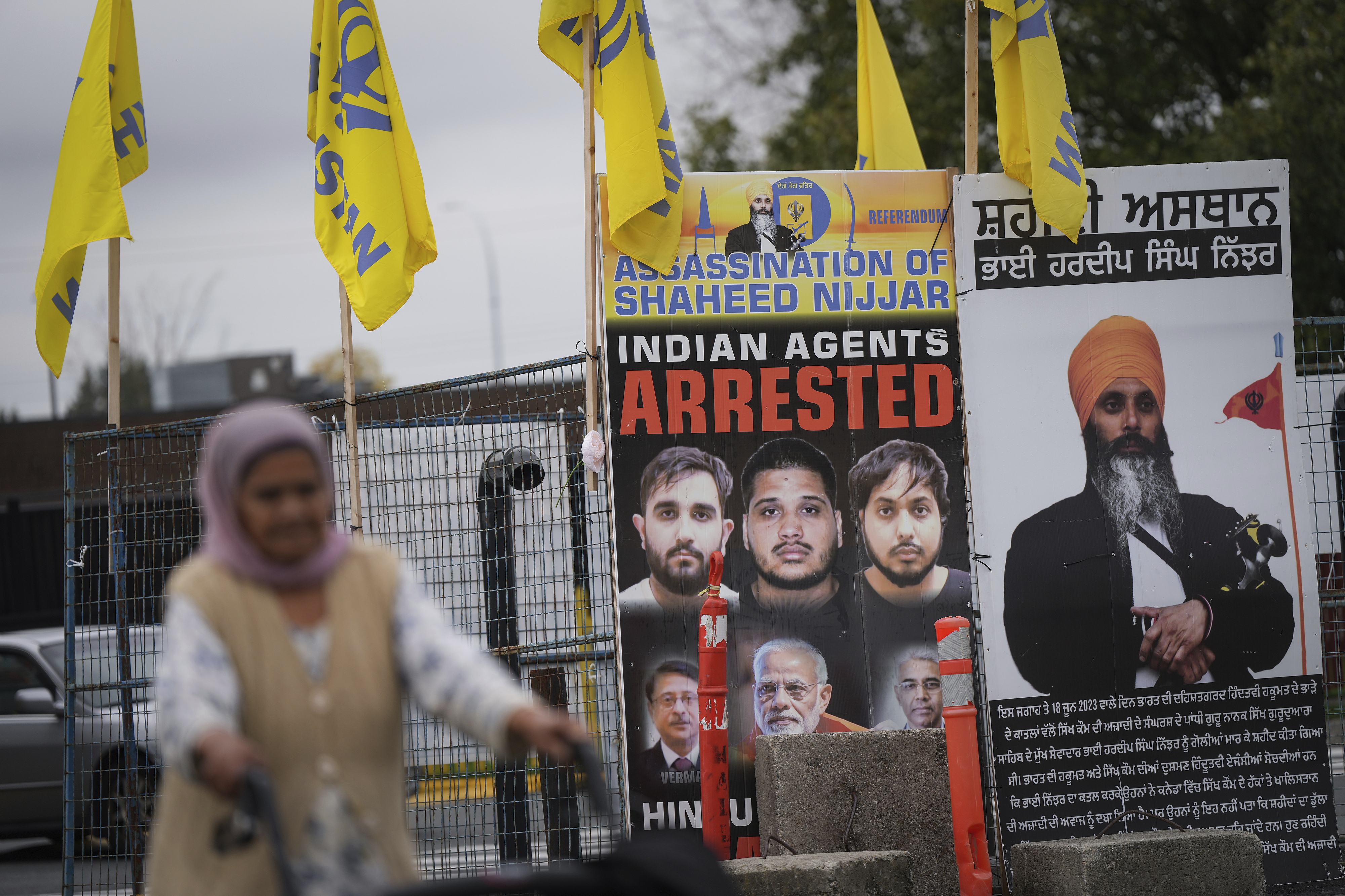
Naturalization
Naturalization, as a paper document, doesn't negate love and patriotism for the birth country. It is the legal process by which a non-citizen acquires citizenship in a foreign country.
For years, Canada has extended an open arm to countries around the world to immigrate to it. With its cradle-to-grave benefits system, Canada wants young people to go there and work to pay the country's high-income taxes so that these can be distributed to Canadians for lavish benefits such as free healthcare and pensions. Once an immigrant gets a Permanent Resident card, he can become a naturalized Canadian citizen in about three years. Canada is the second-largest country in the world, almost three times the size of India. Yet its population is only about 40 million, less than the population of the Delhi-National Capital Region. Naturalization serves the needs of both countries - Canada, requiring new workers, and Indians, seeking opportunities abroad to study, work, live, and immigrate. Naturalization is a win-win for all parties involved.
What Trudeau doesn't appreciate is that naturalized Canadian citizens don't automatically surrender their love and patriotism for their countries of birth. Most naturalized Canadians are essentially dual citizens with strong loyalties to their birth countries.
The size of Canada's Indian (Indo-Canadian) population is approximately 1.86 million people, making up about 5% of the total population. Trudeau's actions and profoundly negative rhetoric against India are making Indo-Canadians uncomfortable in their adopted homeland. It is like forcing a child to choose between a father and mother - and it is despicable for the stature of a G7 leader to place people in this predicament.
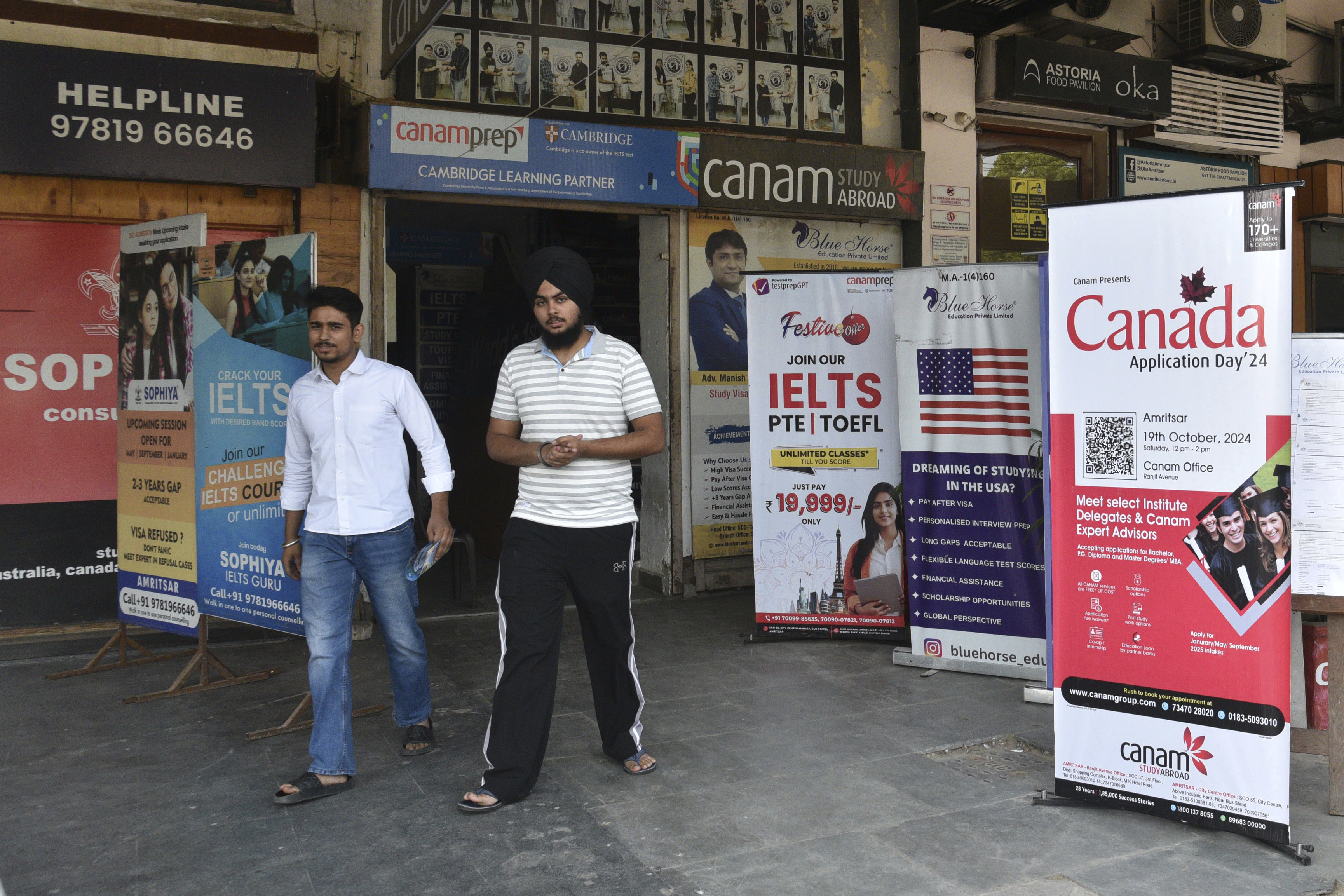
Are India’s actions acceptable?
Even if Trudeau's charges are true (a big if), India's actions are acceptable under International Law. There is ample precedent in international law for a country to employ discreet security tools to eliminate people in foreign countries that may threaten it.
Israel, for example, has been employing Mossad hit squads for more than 60 years to go after Israel's enemies in foreign countries that aim to hurt Jews and the State of Israel. The 2005 epic film Munich, produced and directed by Steven Spielberg, is a true story about how Israeli Prime Minister Golda Meier unleashed Israeli agents to avenge the deaths of Israeli athletes at the Munich Olympics in 1972 when Arab terrorists mercilessly killed them.
Israeli actions were against citizens of a different country (the Palestine Liberation Organization). India's actions were against Canadians, true, but against people who were born in India, lived most of their lives in India, and who were most recently Indian. A piece of naturalization paper from Canada doesn't give these perpetrators the right to plot actions against their country of birth when Canada has not declared war on India. Conflicts in naturalization - and a test of loyalties - only happen in rare circumstances, such as when an adopted country and the birth country are at war. Also, as a matter of reciprocity, would Canada have allowed India to harbour terrorists that might bring harm to Canada?
Trudeau should immediately back down and work with Prime Minister Modi to refrain from airing additional dirty laundry in public. According to the BBC, the Canadian PM's popularity has sunk. In his ninth year as prime minister, Trudeau’s approval rate has plummeted from 63% when he was first elected to 28% in June of this year, according to one poll tracker. This is not the time for Trudeau to play diplomatic games to help domestic politics. Many Sikhs serve in Trudeau's government.
The Indian taxpayer has already paid for lavish office space in the South Block, which houses India's External Affairs Ministry. This spat must be quickly resolved in the privacy of one of those conference rooms.
Read More:
